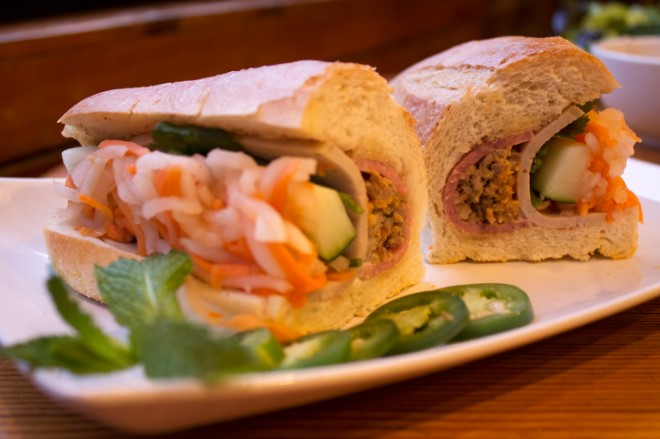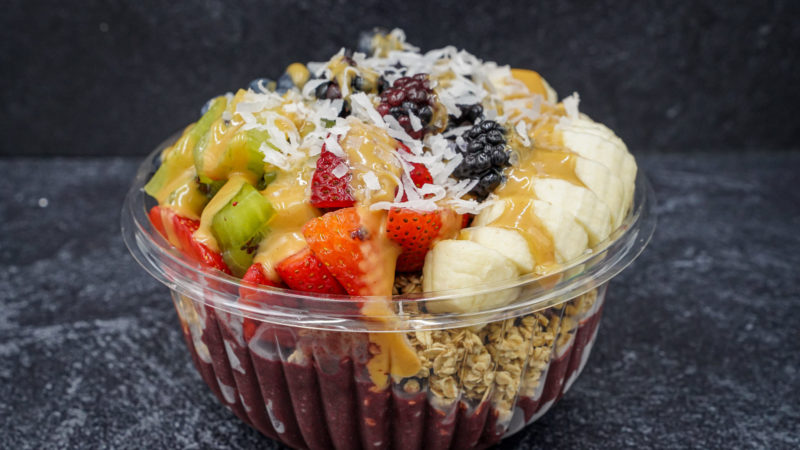What we eat as very well as how much we try to eat are identified by a multitude of components that go perfectly over and above actual physical sustenance, these as culture, faith, income stage, family members, cooking skills and accessibility, to title a few. Social forces also engage in a important position, in particular when it will come to creating healthier food stuff decisions.
Studies present that our co-employees, mates and household all have a major influence on the food items we choose to eat. Additionally, individuals typically make inferences about the character of other individuals based mostly on their foodstuff selections. For example, irrespective of whether appropriate or erroneous, folks who take in “healthy” food items are frequently seen additional positively than individuals who really don’t.
But, what about when taking in with persons in various social groups, specifically those people outdoors of your social circle? Can this influence healthier food stuff options? The reply is yes.
A new analyze authored by Uk scientists at Oxford and the Bayes Business School in London alongside with American researchers at the Kellogg School of Management in Illinois, displays individuals will pick healthier food options in the presence of outsiders in purchase to lessen expected negative judgment and make a great perception.
The study bundled 4 separate experiments and was centered in a large American town and university and bundled a complete of 1,000 adults. Scientists appeared at how diverse racial teams, college affiliations, and office affiliation impacted participants’ food stuff alternatives.
The initially two reports looked at meals possibilities centered on in-group as opposed to influences outside the house of the team. The review gave approximately 200 faculty students a option of either M&M’s or raisins. When in the presence of an not known fellow college student from one’s possess university, only 12{33c86113bcc32821f63c6372852a0f501e07fff55ce3ce61b15b246c5f8c531c} of learners selected the much healthier raisins. However, this quantity far more than doubled to 31{33c86113bcc32821f63c6372852a0f501e07fff55ce3ce61b15b246c5f8c531c} when in the existence of an mysterious student from a different university.
The next two reports sought to shed gentle on why this influence could possibly happen. The motive: concern of currently being negatively judged by outsiders. Scientists discovered that when customers anticipate that they might be negatively judged by outside groups, they may strategically make seemingly more healthy foodstuff alternatives in get to counter this negativity and make a far more beneficial impression. This was demonstrated when a team of 200 topics ended up told that other people all over them were being possibly judgmental or tolerant. In the judgmental surroundings, subjects ended up extra most likely to pick carrots around cookies than in the tolerant natural environment.
The authors of the analyze consider these conclusions can be a powerful incentive for building healthy foods decisions and have significant implications for marketers and general public coverage officers. Feeding on healthier is crucial, but perceived social pressures could also backfire, shining an unintended adverse mild on healthful foodstuff.
Environmental Nutrition is the award-profitable independent newsletter created by nutrition gurus.
/cdn.vox-cdn.com/uploads/chorus_asset/file/24218271/environmental_nutrition_20221121.jpeg)




More Stories
Hanco’s: Bringing the Flavors of Vietnam to Brooklyn
TropiBowls Bring Healthy Food to Tamarac • Tamarac Talk
How can we make our brains prefer healthy food? – study